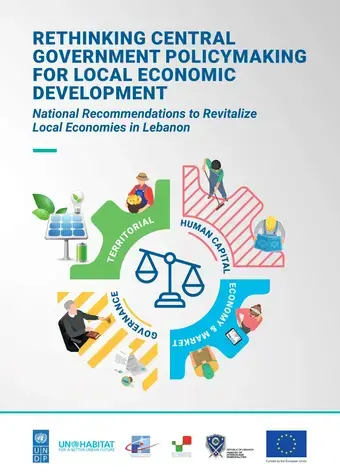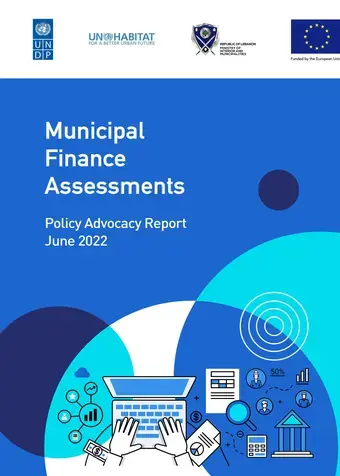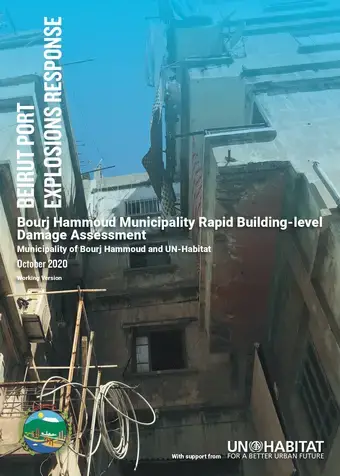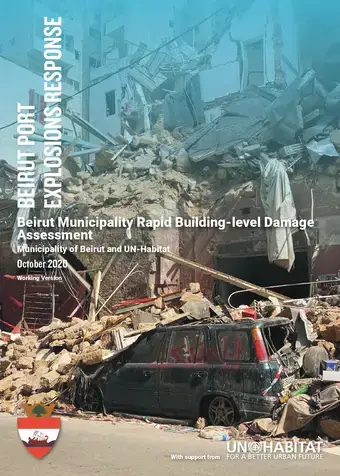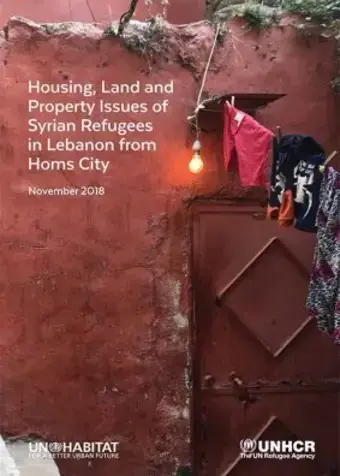 Published in 2008, UN-Habitat developed a reader-friendly booklet with the aim of promoting community-led housing reconstruction. The booklet provides basic technical and financial instructions that would allow affected families, after Lebanon 2006 war, to plan, in an adequate manner and to finish the reconstruction of their houses.
Published in 2008, UN-Habitat developed a reader-friendly booklet with the aim of promoting community-led housing reconstruction. The booklet provides basic technical and financial instructions that would allow affected families, after Lebanon 2006 war, to plan, in an adequate manner and to finish the reconstruction of their houses.
